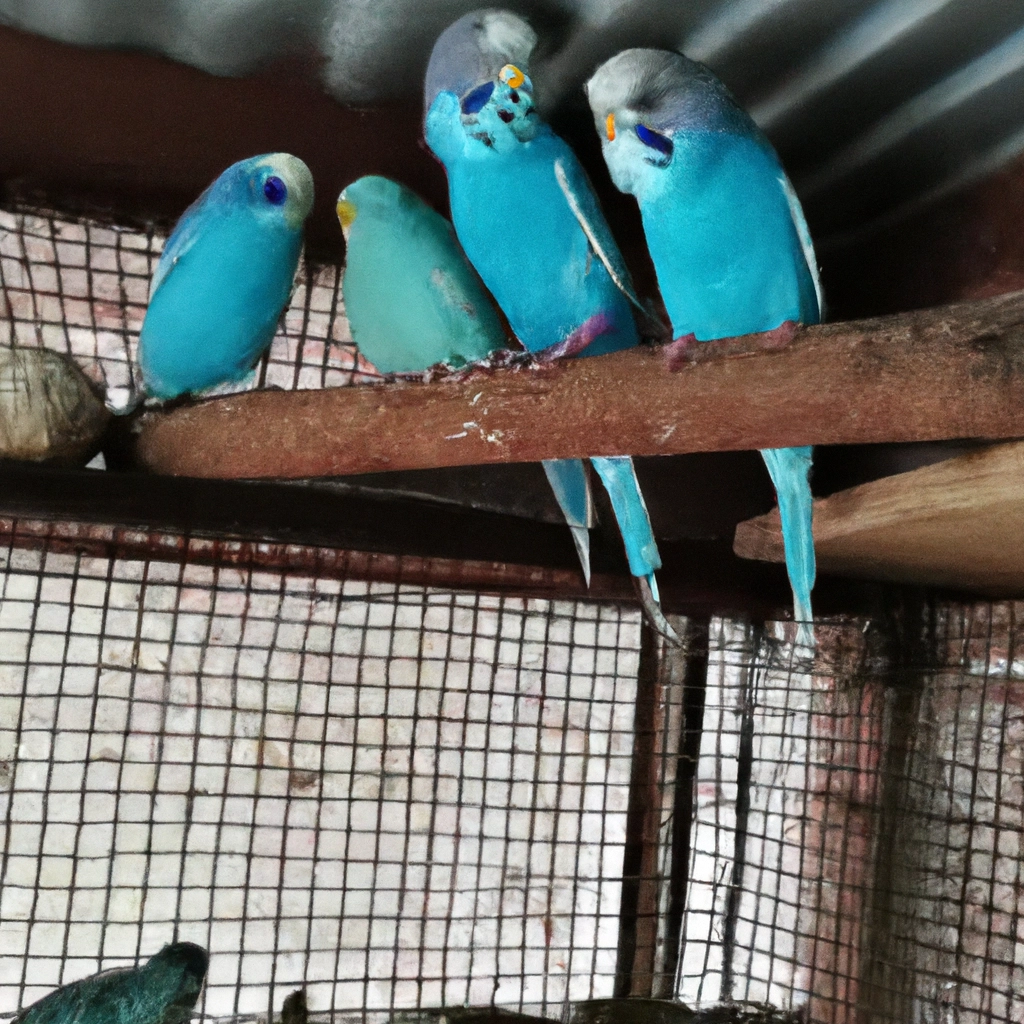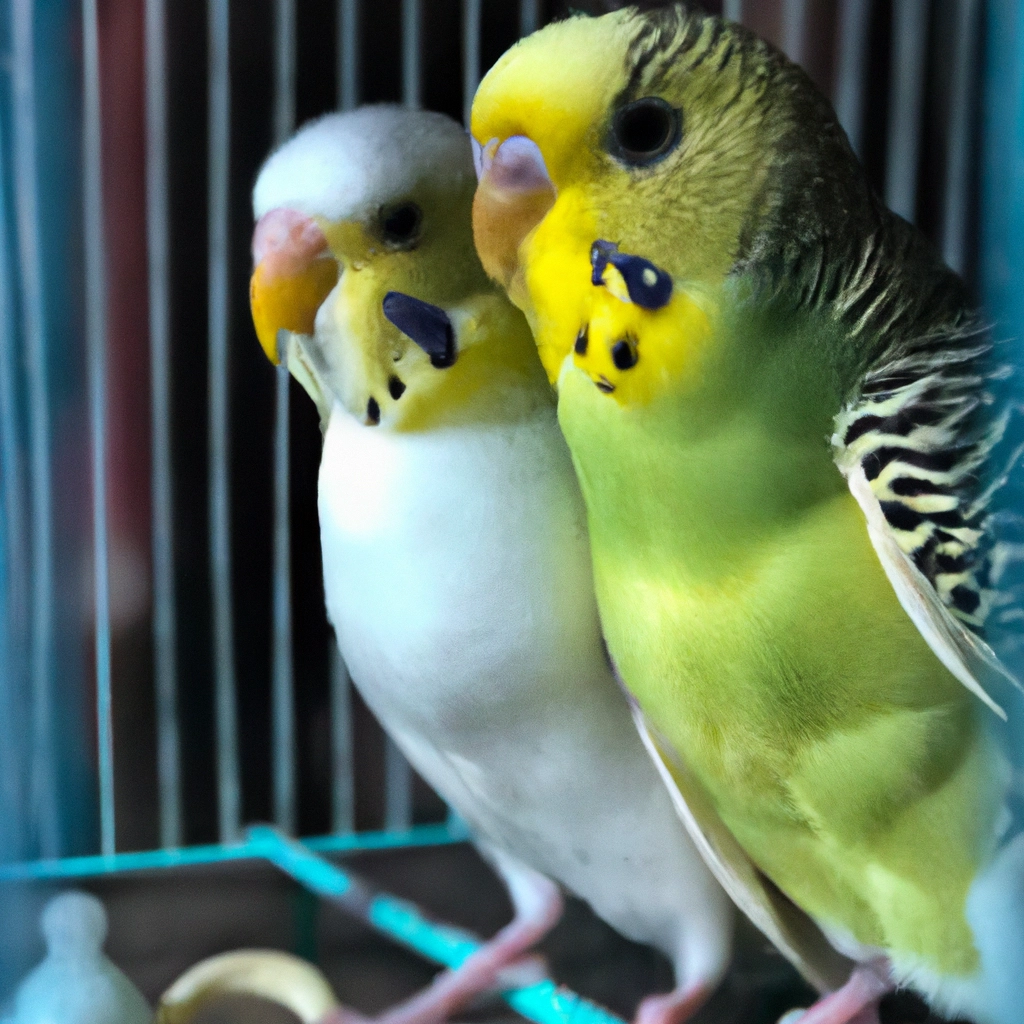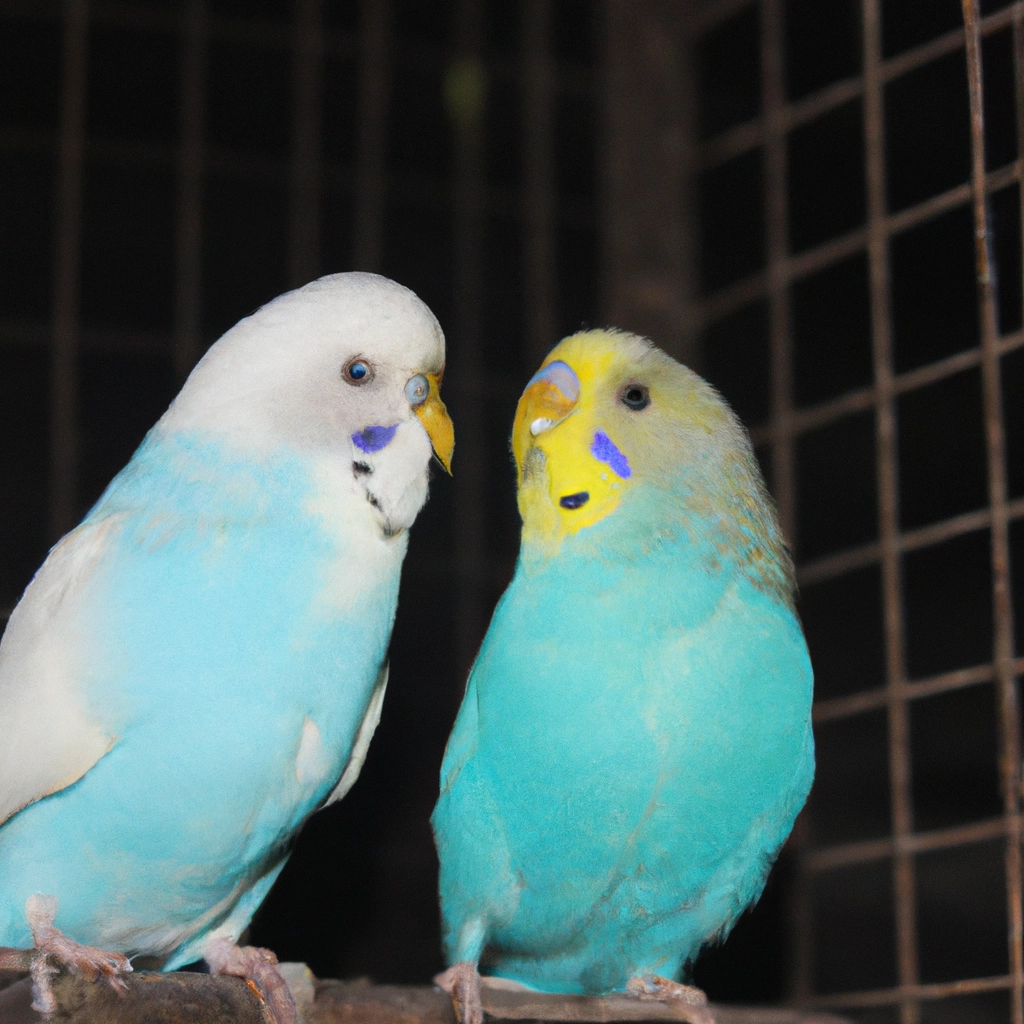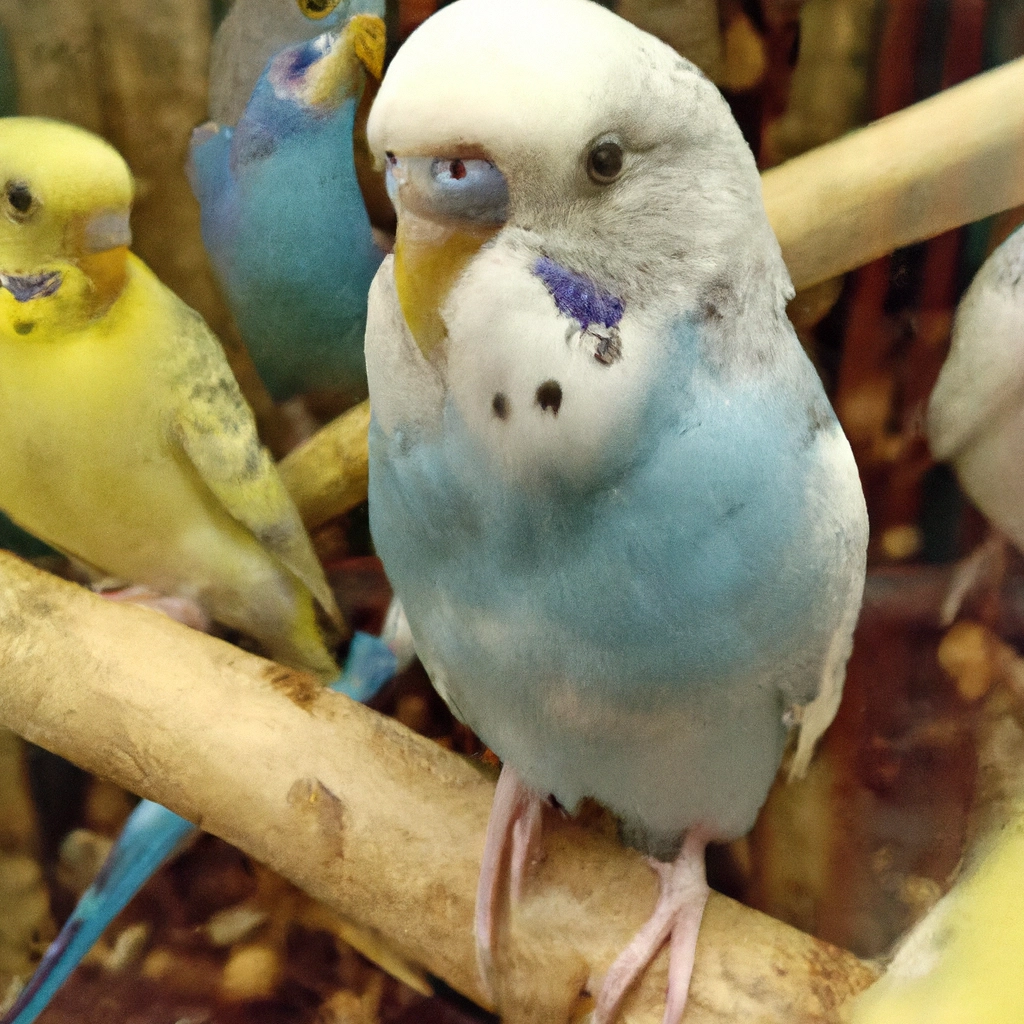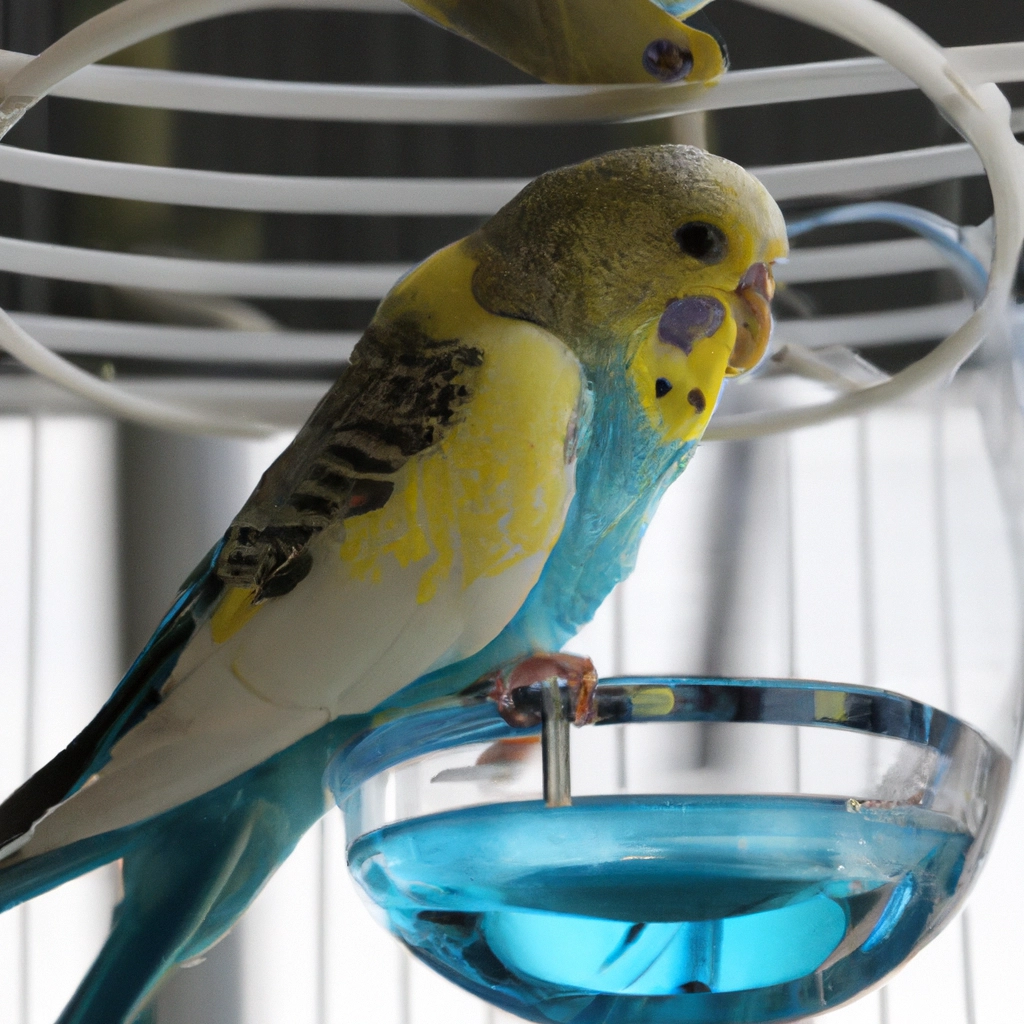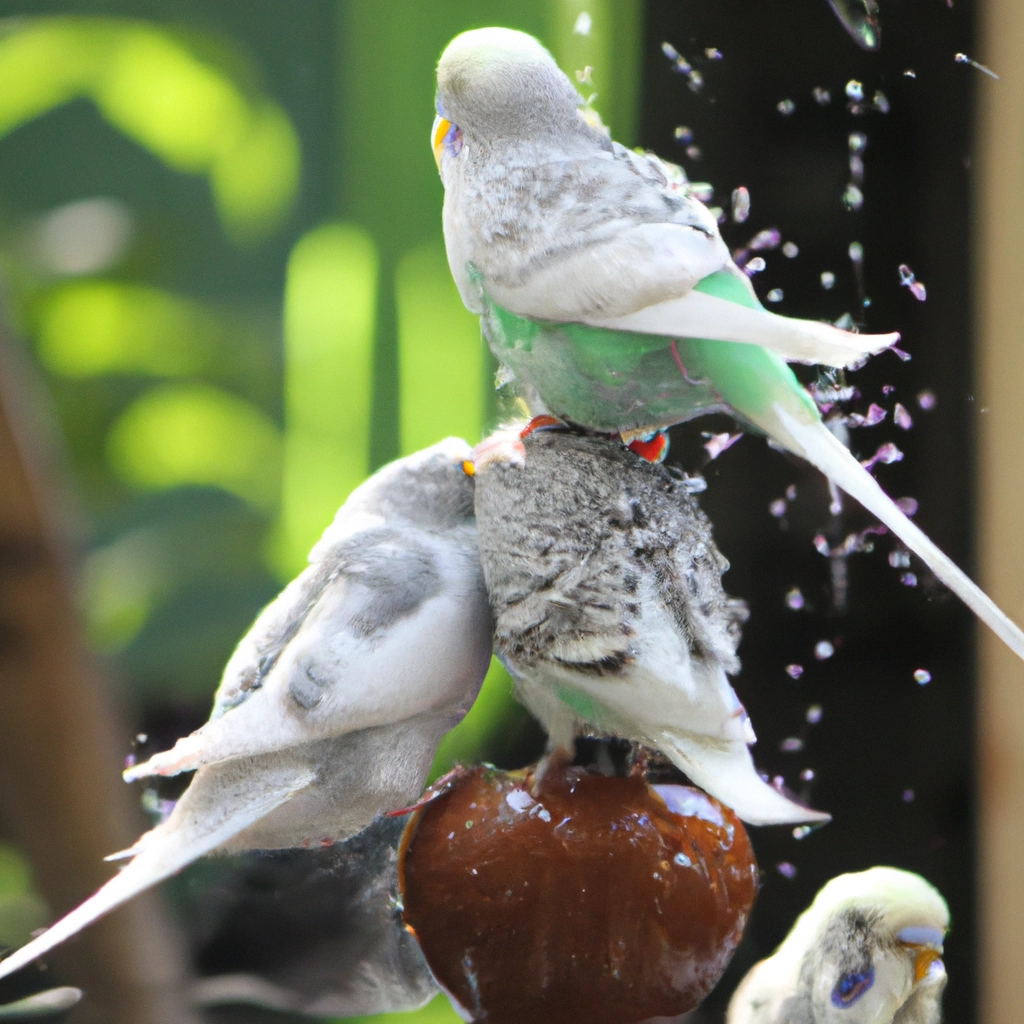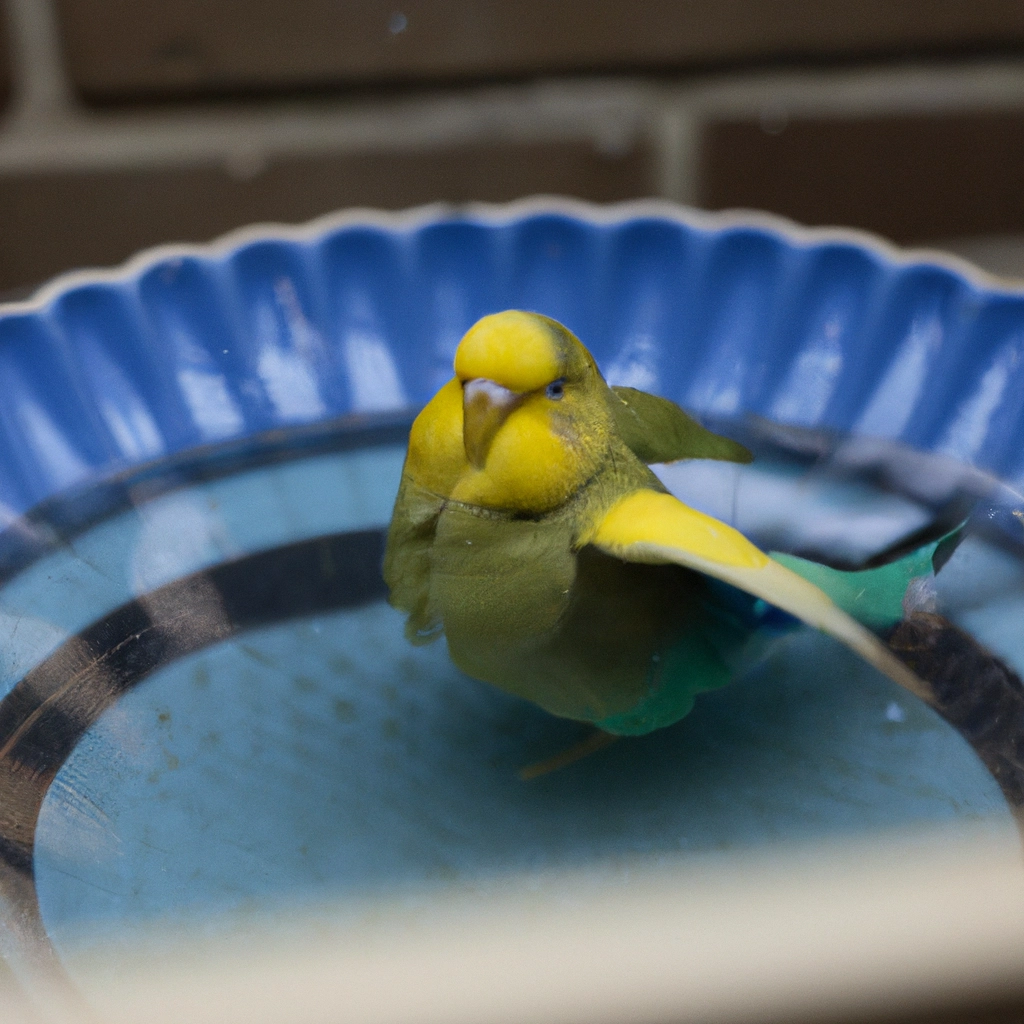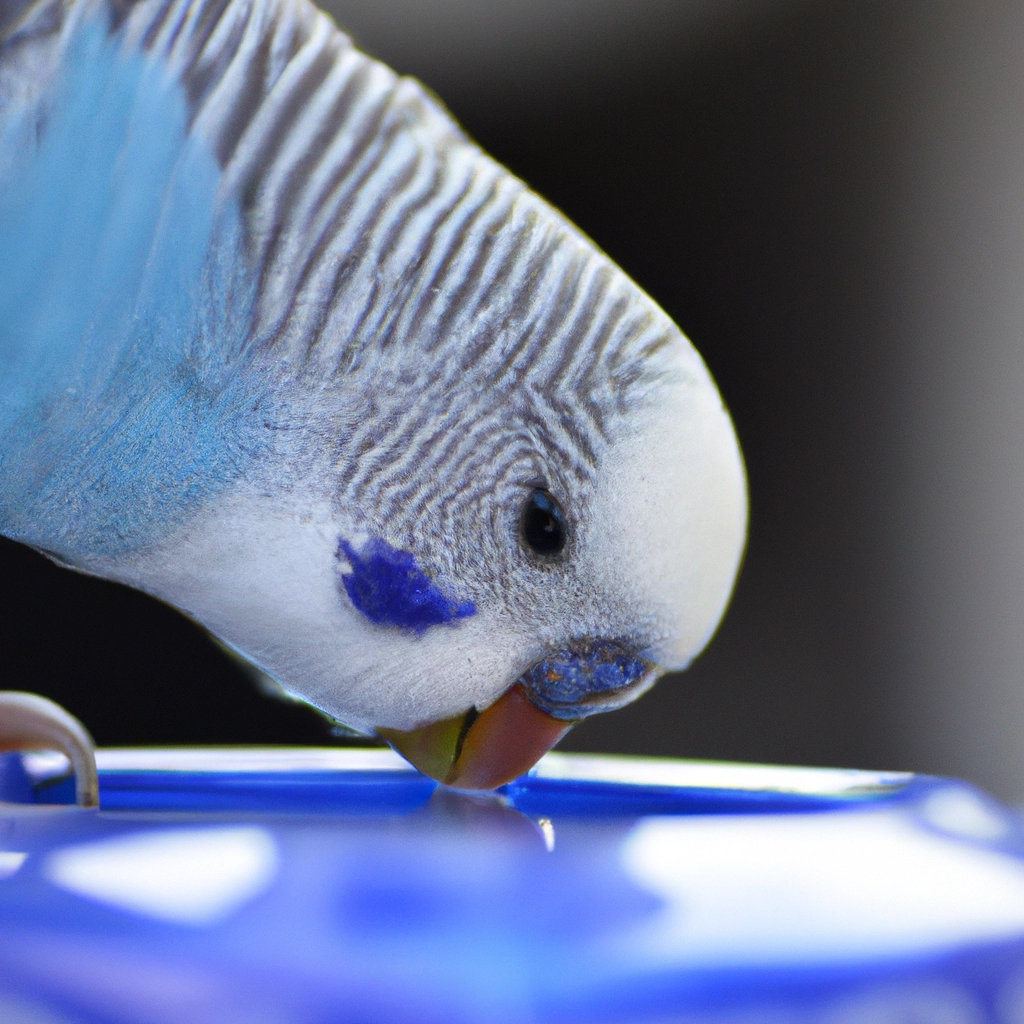| Reasons | Explanation |
|---|---|
| Fear | Budgies are prey animals and may feel threatened when touched, triggering a fear response. |
| Independence | Budgies are independent creatures and may not enjoy physical contact as much as other pets. |
| Sensitivity | Their bodies are very delicate, and they may find touch uncomfortable or overstimulating. |
| Trust | Budgies need time to build trust with their owners before feeling comfortable with physical interaction. |
| Natural Behavior | In the wild, budgies generally do not engage in physical contact with other birds unless mating. |
Introduction
Have you ever noticed how budgies, those vibrant little parrots, can captivate us with their lively chirps and cheeky personalities? When I first came across these bundle-of-joy birds, I was instantly smitten by their playful nature. However, I quickly came to realize that while they are a joy to watch and listen to, budgies often seem less than enthusiastic about physical contact. What’s the deal, right?
As a passionate bird watcher and budgie-keeper, I’ve delved into understanding these feathered friends. Through both observation and research, I’ve pieced together insights into their seemingly mysterious reluctance towards being petted and touched—an aspect that can bewilder many new bird enthusiasts and pet owners alike.
But enough about my initial musings; let’s flap into the heart of their behavior. Why might these charming birds shy away from our touch? It’s a question that has led me to explore both the natural world of the wild budgie and the cozy confines of domesticated life.
Understanding Budgie Behavior
Budgies, or budgerigars, hail from the vast and unforgiving landscapes of Australia. In the wild, their survival depends on their keen alertness to potential threats. This means they are hardwired to be wary and quick to take flight at the slightest hint of danger. As a result, they naturally possess a flight-over-fight response when faced with unfamiliar situations or potential predators—including well-intentioned human hands.
During my experiential journey with these birds, watching them navigate their environment with such agility and awareness was nothing short of mesmerizing. At home, trying to re-create a semblance of their natural habitat, I’ve observed similar behaviors even in captivity. They display an exquisite sense of their surroundings, always on the lookout, always curious, yet always calculating safety distances from hands that reach out to them.
My notes and memories of interacting with budgies in various settings seem to echo the same sentiment: these birds, irrespective of being wild or tame, respect their personal space and will express discomfort when it’s encroached upon by our human touch.
Sensitivity to Touch
The sensitivity of budgies to touch is quite the phenomenon. They are covered in hundreds of tiny feathers, each connected to a network of nerves that help them navigate flight and feel their environment. When I first tried to gently stroke a budgie friend of mine, I was met with a flustered retreat. It became apparent to me that to them, the sensation of being touched is not as comforting as it is for other pets we’re accustomed to cuddling.
Through trial and error, I learned that their comfort with physical interaction depends much on individual temperament and past experiences. Some feathered friends became more accepting of gentle scritches over time, while others maintained their preference for a no-touch zone. It seemed to me like there’s no one-size-fits-all approach when it comes to these birds and personal space.
A budgie’s reaction to touch is a dance of trust and understanding. Each attempt at getting closer must be met with patience and interpreted through their reactions. The quick flick of their wings or a nipped finger has been enough to tell me to back off and respect their comfort levels, reinforcing the lesson that touch is not always welcome.
Building Trust with Budgies
Building trust with a budgie is a rewarding journey, paved with treats, soft spoken words, and plenty of patience. I can vouch for the magic that happens when a little bird that once flitted away from your approach begins to perch confidently on your finger. It requires understanding them on their terms, learning to read their body language, and moving at their pace—not yours.
The art of earning a budgie’s trust began for me with offering their favorite millet from my hand, without making any sudden moves. Gradually, the gap closed as curiosity won over caution. Consistent and calm interactions led to a gradual build-up of trust, transforming the relationship from one of timid avoidance to one of gentle companionship.
Let me tell you, there’s no better feeling than witnessing the moment your budgie decides you’re not a threat after all. It’s a testament to the time and love invested in forming a bond with your feathered friend. As they say, trust is not given but earned—and this rings true with every chirp and tentative nibble from a budgie finding solace in your presence.
Respecting Budgies’ Preferences
As bird lovers, it’s crucial to acknowledge and respect the instincts and preferences of our budgie pals. Their hesitation to be touched doesn’t mean they don’t enjoy companionship; it simply means they express their affection differently. Recognizing these boundaries is an integral part of responsible pet ownership and creating a nurturing environment for these adorable avians.
My personal journey with budgies has taught me that respecting their inclinations does not reduce the bond; rather, it enhances the mutual understanding and friendship shared. Watching them play, feed, or even come to me out of their own volition has been far more rewarding than forcing a physical connection that’s not inherently in their nature.
By observing, learning, and adapting to a budgie’s comfort zone, we become better friends to these fascinating creatures. True companionship with a budgie means allowing them to be their truest selves, without the constraints of human expectations crowding their space.
Conclusion
In closing, the aversion of budgies to physical affection is a fascinating aspect of their behavior, rooted deeply in their survival instincts and sensory experiences. My time spent with these delightful birds has reinforced the value of patience, trust, and respect for their natures.
While we might relish the idea of snuggling with our pets, it’s important to appreciate and embrace the unique ways in which our budgie friends show their fondness for us—often with chirps, playful banter, and even companionship from a modest distance. It’s all about understanding and valuing the nuances of their personalities and communication style, which makes the journey of budgie-keeping all the more enchanting.
Frequently Asked Question
-
What are some alternative ways to bond with budgies if they do not like to be touched?
Some alternative ways to bond with budgies if they do not like to be touched include spending time near their cage or aviary to allow them to become accustomed to your presence. You can also talk to them softly and offer treats to build trust and positive associations. Additionally, you can provide them with stimulating toys and activities to keep them entertained and engaged, which can help strengthen your bond with them over time. It’s important to be patient and consistent in your efforts, as building trust with budgies can take time and persistence.
Creating a positive and calm environment around your budgies, along with respecting their boundaries, can also help to build a strong bond. Observing their body language and respecting their preferences for interaction can go a long way in nurturing a trusting and enjoyable relationship. Remember to approach them gently and be mindful of their comfort levels, allowing them to gradually become more comfortable with your presence and companionship.
